French Sourdough Bread

Find sourdough intimidating? Well, here's a wild yeast that is quite easy to work with!
I've found raisin yeast water easier to get right compared to sourdough starters.
It's quite important to use mineral water and organic raisins for the yeast water. The first time I tried this out, I thought to check and see if regular snacking raisins could work, so I soaked and rinsed them in water to remove the oil coating (still ended up with some oil, and the yeast is mostly on the surface of the raisins...). Did not work. To save yourself time and effort, try to stick to the simplest, purest ingredients possible.
The yeast you have will of course be different from mine, so this could mean you need either more or less starter dough in the mix, really, it's a trial and error thing to know how much you need exactly when it comes to wild yeast.
There are several other additional methods for the steaming that you can employ, such as placing a pan over the dough for the first 15 minutes of baking, or spraying water on the surface of the dough.
For more recipe ideas, please visit my IG: olivia_homecook
Raisin yeast
Starter dough
Levain
French Sourdough Bread
Recipe details
Ingredients
Raisin yeast
- 220ml water (mineral or de-chlorinated)
- 100 grams raisins (organic)
- 50 grams sugar
Starter dough
- 40 grams raisin yeast
- 40 grams flour (suggested: bread flour/whole wheat)
Levain
- 55 grams starter dough
- 145 grams water
- 235 grams floud (bread flour/wheat)
French Sourdough Bread (Pain au Levain)
- 435 grams levain (all of the levain amout)
- 550 grams bread flour
- 70 grams whole wheat flour
- 420 grams of water
- 2 tsp himalayan salt
Instructions
For the Rasin Yeast Water
- Sterilise your choice of container, I used a glass jar, so I placed the jar in a pan of lukewarm water and brought it up to boiling temperature. Boil for a few minutes, up to 5 minutes. Take it out to cool down.
- Take your water, either mineral or if tap water, allow to sit out for 24 hours to de-chlorinate. Pour into the jar. Add the raisins. I insist on organic, as if there is oil or preservatives, it is likely to not work even if you soak the raisins in warm water (which would remove the yeast...).
- Seal, it doesn't have to be aboslutely airtight, but better if it is.
- Every morning and evening, open the lid, release the gas, close again, gently tilt the jar around to make sure no mould forms and all rasins are coated, open the lid and then the seal again.
- It takes aroud 4-7 days for the raisins to be ready. You will know they are ready when the mixture is bubbling and all the rasins are floating to the top. It should be quite fizzy.
- Drain the liquid and store in a clean container, this rasin yeast water can stay in the fridge for about a month or two. Try to use it up before then. The raisins can be eaten or used in another recipe, they are nice and plump and are great for other bakes.
For the Starter Dough
- Mix the flour and yeast water amounts mentioned.
- Allow to sit and ferment for at least 3 hours, or doubled in size (depends on room temperature). It's okay to leave it overnight as well.
For the Levain
- Mix 50 grams of the starter dough with the flour and water, knead until smooth.
- Allow to rest for at least 4 hours or overnight
For the French Sourdough Bread (pain au levain)
- Mix all the ingredients together except for the salt. You can either hand knead or use a mixer. Knead until the dough passes the 'windowpane test'.
- Add the salt, knead a little more until you feel the salt is well incorporated.
- Place the dough into the banneton (optional: line with a cloth and sprinkle with rice flour or all-purpose flour to help prevent stickage) and allow to rise until doubled in size, may take an hour or several hours depending on room temperature. Make sure to cover with cling-wrap or at least a cloth to prevent a drying.
- When you feel the dough is nearly ready, preheat the oven to 250ºC / 480ºF. Place a pan of water on the oven's floor.
- Replace the bread from the banneton into the prepared baking tray. Score the bread; any pattern is fine, so long as the gases can pass through.
- Reduce oven heat to 230ºC, as some heat will be lost when you open the oven to put in the bread.
- Stick the bread in and bake for 45-50 minutes.
- When ready, remove from the oven and allow to cool for at least an hour (a suggestion).



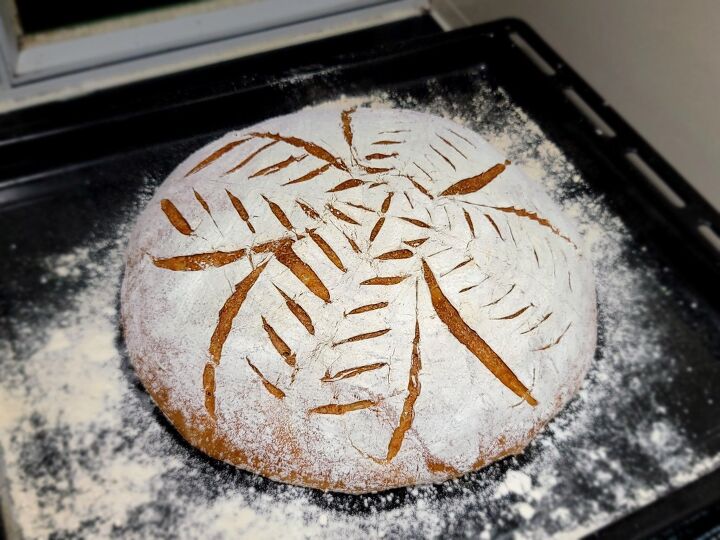
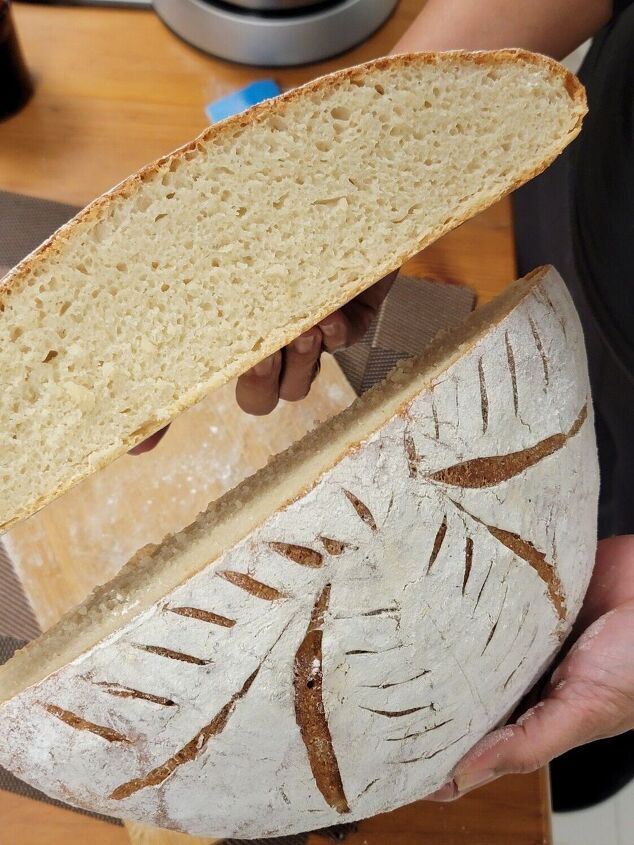
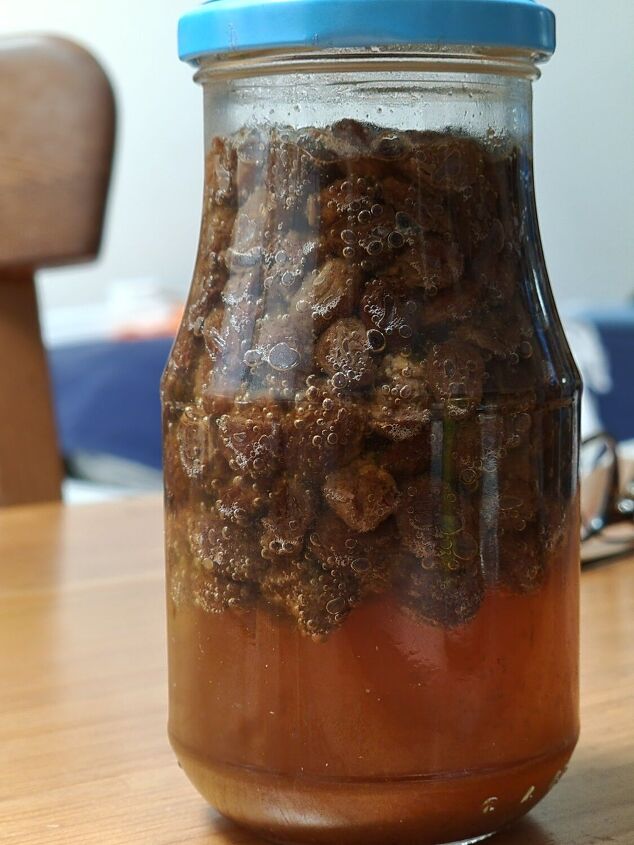




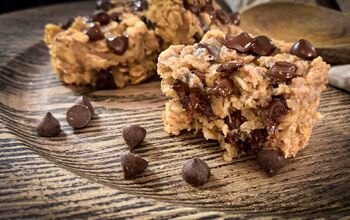

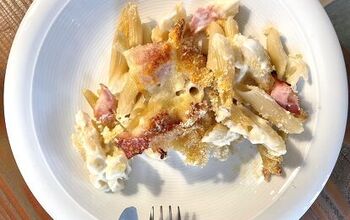
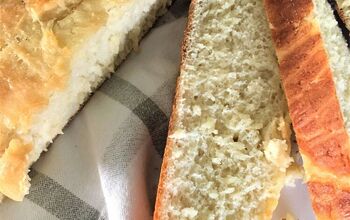
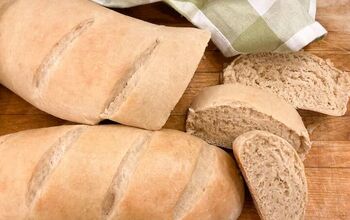
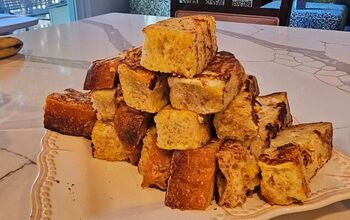
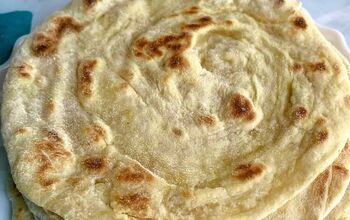

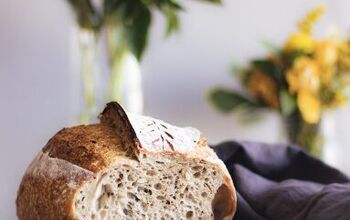

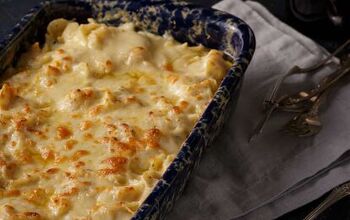


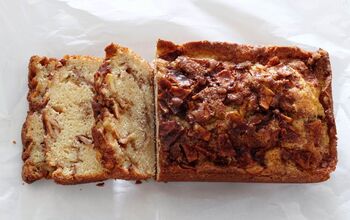
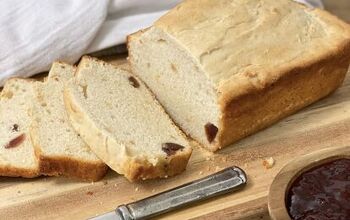


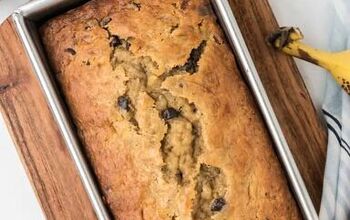

Comments
Share your thoughts, or ask a question!
What is a banneton?